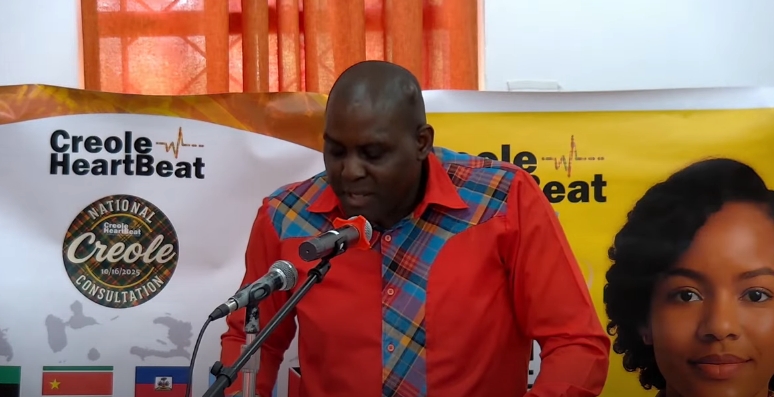Dr. Barry Casimir on the Legitimization of Creole

In a stirring address that resonated across generations, Dr. Barry Casimir of the University of the West Indies (UWI) Open Campus, Dominica, delivered a compelling call to action during the National Creole Language Consultation under the theme "Legitimizing Creole: From Vernacular to Vehicle of Identity, Education and Development."
Speaking before an audience of educators, policymakers, cultural leaders, and students, Dr. Casimir reflected on the long and often painful journey of the Creole language — from the margins of respectability to the center of national consciousness.
From Suppression to Celebration
Dr. Casimir began by recalling a time — particularly during the 1980s — when speaking Creole was actively discouraged in schools and public institutions. Students were punished for using it, and society often equated the language with backwardness and illiteracy.
"That mindset," he said, "led to a generation that grew distant from its linguistic roots, internalizing the idea that Creole was something to be hidden rather than celebrated."
Yet, he noted with pride, Dominica has undergone a cultural renaissance. Creole is no longer confined to homes, markets, or Independence celebrations — it is emerging as a legitimate, dynamic, and expressive language, deeply embedded in the soul of the Dominican people.
Education as the New Frontier
Dr. Casimir highlighted the role of education as the cornerstone of this transformation. The UWI Open Campus Dominica has taken a leading step by introducing two groundbreaking six-week courses — Fundamentals of Conversational Creole and Intermediate Conversational Creole.
The courses, he explained, have been "enthusiastically received" by Dominicans across generations, signaling a widespread hunger for reconnection with the language and cultural foundation.
He further emphasized that research supports what the elders have always known — that children who are fluent in Creole tend to perform better academically.
"When children are allowed to learn and express themselves in a language they truly understand," he said, "they develop stronger cognitive skills, greater confidence, and a deeper connection to who they are."
Beyond the Classroom: A National Movement
Dr. Casimir urged that the legitimization of Creole must go beyond symbolic celebration. It must be institutionalized — woven into education, media, governance, and daily life.
He called for "mindful strategies" that strengthen Creole not as a decorative cultural element but as a living language of communication, creativity, and national development.
"Creole is more than just words," he reminded. "It holds our laughter, our resistance, our songs, our prayers, and our wisdom. It is the soul of our people."
The Language of Identity and Resistance
Throughout his address, Dr. Casimir underscored the deep connection between language and identity, describing Creole as a vessel that carries the stories, struggles, and triumphs of the Dominican people. He invited the nation to move forward with open hearts and open minds, recognizing that the legitimization of Creole is not only cultural but also psychological and political.
"Today's consultation is more than a meeting of minds," he declared. "It is a declaration that Creole matters — not merely as a vernacular to be tolerated, but as a living language to be respected, institutionalized, and passed on."
A Call to Speak Boldly
As he concluded, Dr. Casimir's message transformed into a national charge:
"Let us honor it, protect it, and most importantly, speak it — boldly and without apology."
His words, both reflective and visionary, captured the essence of Dominica's cultural awakening — a movement that refuses to let the language of its ancestors fade into silence.
The address by Dr. Barry Casimir stands as both a mirror and a map — reminding Dominicans where they have come from, and illuminating the path toward a future where Creole stands proudly alongside English as a language of learning, governance, and identity.
